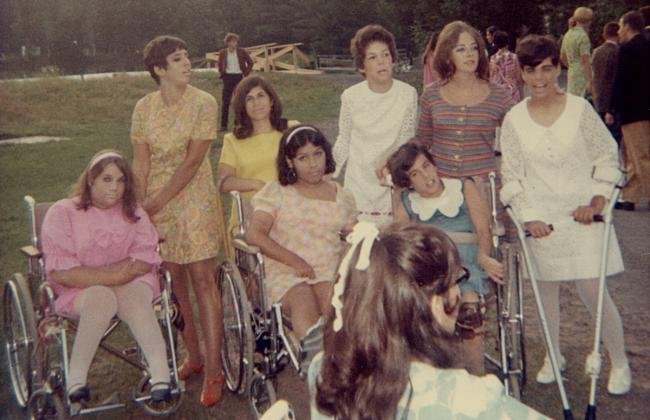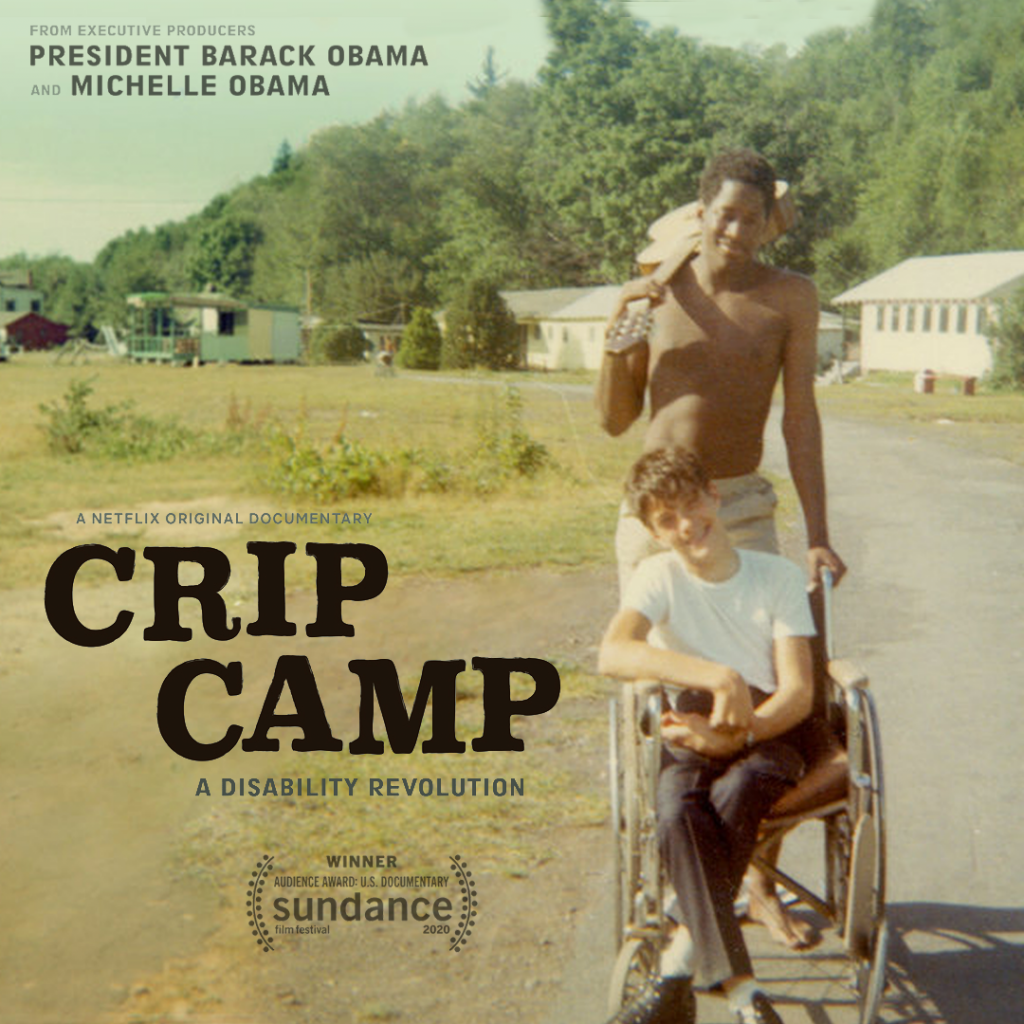A DIsability Revolution
Nature Links has served adults with disabilities since 2007, providing appropriately challenging, nature-based curriculum and social connection. We work hard to foster an environment that showcases the accomplishments of our participants and instills a sense of pride in their unique abilities and talents. But often, we’re so busy exploring nature-based topics like climate change, ecology, phenology and natural history that we don’t always take time to recognize and discuss our own participation within a broader community of people with disabilities.
This year, on International Day of Persons with Disabilities (IDPD), a day designated by the United Nations to promote awareness and mobilize support for the rights and well-being of people with disabilities worldwide, we wanted to acknowledge the unique strengths of our participants and reflect on the progress that has been made in advancing the rights of people with disabilities worldwide. IDPD aims to foster understanding of disability issues, promote the rights and dignity of persons with disabilities, and raise awareness about the challenges they face in various aspects of life. And while these actions should not be limited to one day per year, the honoring of this day can be a starting point for an ongoing commitment to advocacy, education, and fostering inclusivity.
So what did the Nature Links community do to celebrate and honor The International Day of Persons with Disabilities? After allowing time for participants to share their own experiences, challenges, and achievements, we hosted a film screening of Crip Camp, a powerful documentary that shines a spotlight on the disability rights movement in the United States. We stopped and discussed the film along the way and had a great time learning and sharing with one another.
Crip Camp is a 2020 film that explores the transformative experiences of a group of individuals with disabilities who attended Camp Jened, a summer camp in the 1970s that became a catalyst for activism. The documentary captures the authentic and raw moments of friendship and self-discovery among campers, highlighting their shared struggles and aspirations. The narrative extends beyond the campgrounds, delving into the broader fight for equal rights and accessibility that emerged from the campers' collective empowerment. By weaving together archival footage and contemporary interviews, "Crip Camp" provides a poignant and uplifting narrative that not only educates viewers about the history of the disability rights movement but also inspires a deeper understanding of the ongoing quest for inclusivity and social justice. This film stands as a testament to the resilience and determination of individuals who, through their shared experiences, contributed to shaping a more inclusive and equitable society.
I was moved by our participants’ reactions to the film. Some expressed their deep respect for the work that has been done to pave a path for rights our participants take advantage of today. Others were shocked to contrast their own experiences with those of people with disabilities growing up in the 60’s and 70’s. Thankfully, our participants (for the most part) have enjoyed far better legal protections and rights, far less exposure to negative social attitudes and stigma and more access to assistive technology and education programs. While so much progress has been made, challenges persist. More advocacy, bravery and pride, such as what was fostered at Camp Jened, are needed to ensure full inclusion, equal opportunities, and the removal of barriers that individuals with disabilities may still face today.
The International Day of Persons with Disabilities provided us a chance to stop and reflect on our own position within a broader movement for the rights of people with disabilities. What will you do to honor their achievements and progress today and any day?



